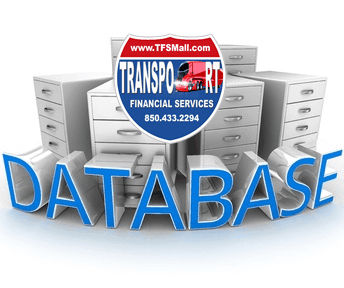 WASHINGTON – When the House votes on a slate of self-driving vehicle policies Wednesday, members will take up a bill with a big unanswered question at its core: what to do about commercial trucks.
WASHINGTON – When the House votes on a slate of self-driving vehicle policies Wednesday, members will take up a bill with a big unanswered question at its core: what to do about commercial trucks.
Driverless trucks are seen as one of the most promising – and fraught – elements of the coming autonomous future on U.S. roads. Convoys of robo-trucks guided across the country by a single human driver – or none at all – could become a major economic force. They could be a boon to safety, or a particularly potent hazard, opposing advocates say.
They could also gobble up plenty of good-paying jobs.
And so lawmakers seeking bipartisan backing for the so-called Self Drive Act made clear that their definition of a “highly automated vehicle . . . does not include a commercial motor vehicle,” as the legislation puts it.
That means it doesn’t cover trucks bigger than 10,000 pounds, or vehicles meant to carry more than 10 passengers or hazardous materials.
The bill would block states from regulating “the design, construction, or performance” of automated vehicles, clarifying that such power is in federal hands. Many technology and car companies have warned that state legislators are leaving behind a “patchwork” of regulations that could dampen innovation and thwart travelers crossing state lines.
Some state officials, meanwhile, argue that federal guidelines on autonomous vehicles, which are voluntary, do too little to guarantee safety.
The U.S. Department of Transportation has been working on changes to the Obama-era policies, and Transportation Secretary Elaine Chao will travel to Michigan next week to describe updated guidelines.
The House legislation set to be considered Wednesday also allows automakers and tech companies to seek exemptions, totaling in the tens of thousands, from federal vehicle safety standards, as long the companies can ensure a car’s safety won’t be downgraded. That would allow, for example, an automaker to ditch the steering wheel to allow more creative driverless designs. The legislation also instructs Chao, within two years, to require “safety assessment certifications” that demonstrate driverless vehicles “are likely to . . . function as intended and contain fail safe features.”
The Self Drive Act came out of the House Energy and Commerce Committee with unanimous support this summer, offering a rare bipartisan win on a high-profile issue on which members are eager to show results.
A separate House committee, Transportation and Infrastructure, has jurisdiction over trucking, which meant backers of the Self Drive Act could avoid the touchy and potentially perilous driverless truck issue. But the Senate Commerce Committee, which handles transportation issues and which is crafting its own bill, has wrestled with trucking, and it’s not clear how the House and Senate approaches will eventually mesh.
The International Brotherhood of Teamsters was among the groups pushing Congress to stay clear of trucks.
James P. Hoffa, president of the Teamsters, said many issues remain with the House bill. But the union, which represents 600,000 drivers, commended Congress “for recognizing that a starting point for any discussion on this subject was that no legislation should impact commercial motor vehicles or traditional commercial drivers,” Hoffa said in a statement.
Hoffa said that the Teamsters must be at the center of any separate discussion on autonomy and trucking to make sure technology is “not used to put workers at risk on the job or destroy livelihoods and chip away at the middle class.”
But Michael Cammisa, vice president of safety and connectivity at the American Trucking Associations, said that the industry doesn’t think “it makes sense to write legislation without it applying to all vehicles, and that includes commercial trucks which account for 33.8 million registered vehicles and 450 billion miles traveled annually.”
Cammisa added that “it continues to be our belief that the technologies being developed today will assist, rather than supplant, drivers on the road.”







